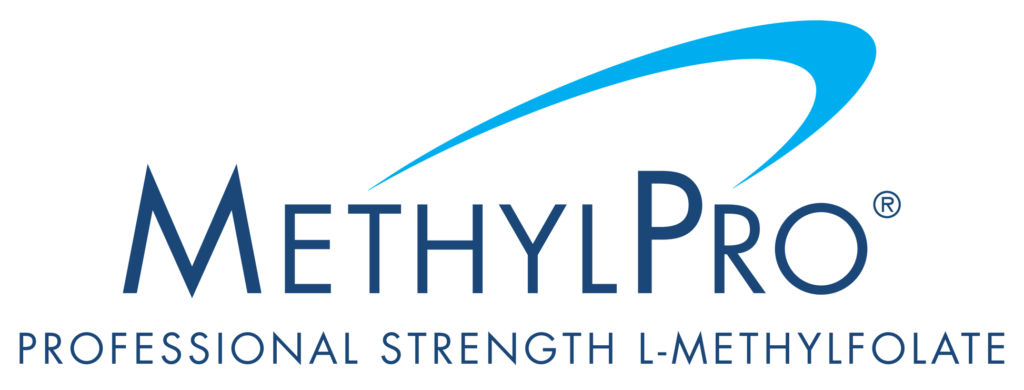Methylation and Inner Peace: MTHFR and your ability to relax
Methylation is a fundamental biochemical process that plays a crucial role in various physiological functions within the human body. When our bodies don’t have enough of the proper nutrients for methylation to take place (i.e. methylfolate), we suffer. Neurotransmitters like serotonin, dopamine, and GABA, created in part through methylation, are necessary for peace of mind. And therein lies the relationship between relaxation and methylation.
People with MTHFR mutations may experience feelings like worry, occasional anxiety, or an inability to relax [1]. It’s possible that poor methylation is at the root of these issues [1]. Here, we will explain this relationship more specifically. We also suggest some nutritional steps you can take to support relaxation, especially if you have an inefficient MTHFR variant.
Neurotransmitters and Methylation:
One key avenue through which methylation influences relaxation is its impact on neurotransmitters. Neurotransmitters are the chemical messengers that facilitate communication between nerve cells. Methylation regulates the synthesis, release, and degradation of neurotransmitters, including serotonin, dopamine, and gamma-aminobutyric acid (GABA) [2]. All of these chemicals play pivotal roles in mood regulation and stress response [2].
Methylation of serotonin receptors influences their sensitivity, affecting the neurotransmitter’s efficacy in transmitting signals related to a balanced, positive, and relaxed mood.
Disruptions in the methylation of genes associated with dopamine production may contribute to greater feelings of perceived stress over the long term.
Epigenetic Regulation and Stress Response:
The link between methylation and relaxation extends to the realm of epigenetics. Epigenetic factors change the way we express the genes we have inherited, although our underlying DNA sequence does not change. You can compare epigenetic factors to an “on/off” switch, in that they affect which of our existing genes do or do not get expressed.
Methylation patterns on specific genes have been implicated in the regulation of the stress response. For instance, methylation patterns have been shown to affect expression of genes associated with the hypothalamic-pituitary-adrenal (HPA) axis [3]. The HPA is a key player in the body’s response to stress. Modulation of HPA axis activity through methylation may contribute to an individual’s ability to cope with stress and promote a more relaxed physiological state [3].
Understanding these epigenetic mechanisms provides valuable insight into how functional nutrition can affect certain physical or mental states through the modification of gene expression.
What Can I Do to Support Relaxation Through Methylation?
Given the emerging understanding of the link between methylation and relaxation, supporting methylation processes may also help alleviate stress and promote well-being. Nutritional approaches, such as dietary supplementation with methyl donors like methylfolate, vitamin B12, and betaine, have all shown promise in modulating methylation patterns, positively influencing stress responses (2,4,5).
The scientific link between the methylation process and relaxation in the body is a complex and multifaceted area of research. Peer-reviewed studies have provided compelling evidence of the impact of methylation on neurotransmitter function, epigenetic regulation of stress responses, and potential therapeutic interventions.
As our understanding of these mechanisms continues to evolve, so does the promise of novel approaches to promoting relaxation and mental well-being through targeted modulation of the methylation process. Ongoing research in this field holds the potential to unlock new insights into the intricate balance between biochemistry and relaxation.

